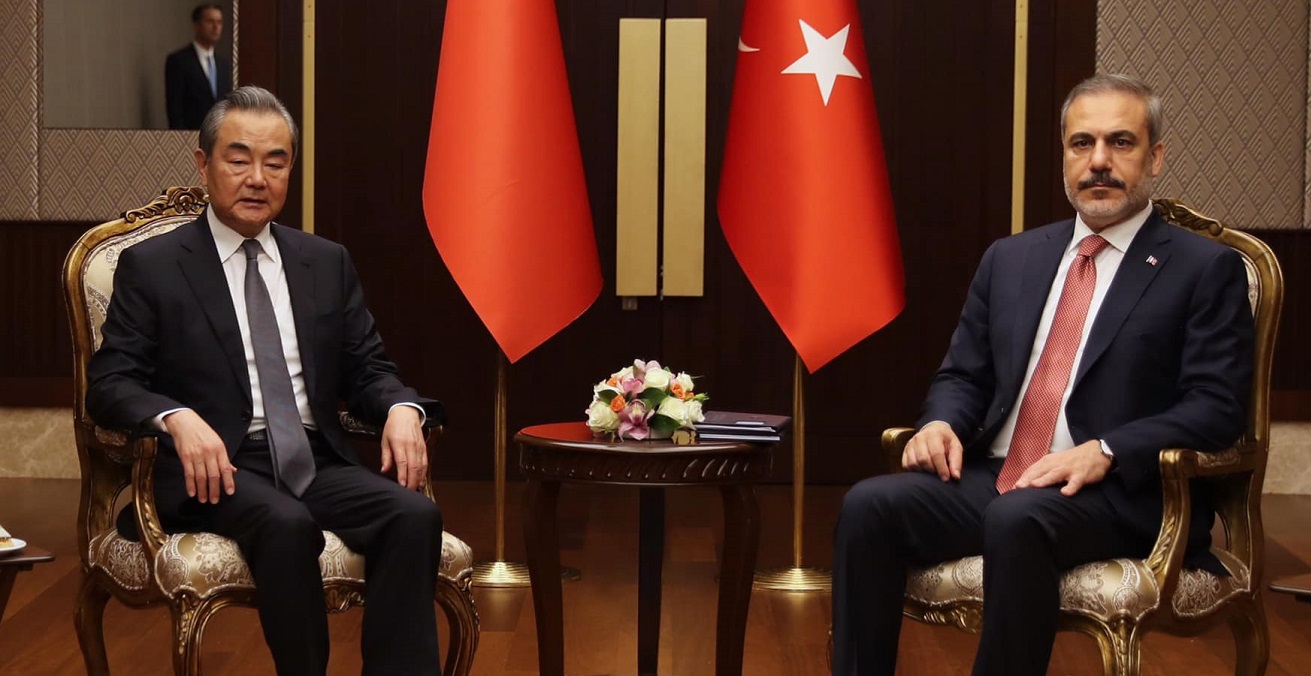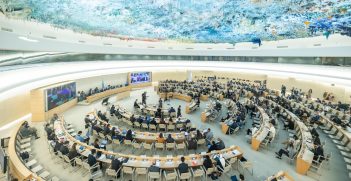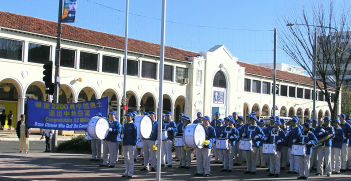Navigating the Uyghur Dilemma: Türkiye's Balancing Act with China

The web of geopolitics is often intricate, where the lives and fates of millions intersect with economic interests and political maneuvering. Few current global issues exemplify this complexity more than Türkiye’s evolving stance on the Uyghurs, a Turkic ethnic minority facing persecution in China’s Xinjiang province.
The situation in Xinjiang is deeply troubling. Roughly a million Uyghurs, along with other minority groups, have been subjected to internment, with harrowing reports of abuse ranging from forced labor to sterilisation. China’s defence, labelling these as “vocational training camps” and painting the Uyghurs as separatists and terrorists, does little to quell the global outcry.
Historically, the bond between the Uyghurs and Turks is undeniable. This is not merely an affiliation built on shared ethnic roots; Türkiye demonstrated its empathy by offering asylum to Uyghurs back in 1952 in the aftermath of the Communist takeover of Xinjiang. With a Uyghur diaspora in Türkiye now hovering around 50,000, one would anticipate Türkiye to be among the foremost defenders of Uyghur rights on the global stage.
Türkiye’s President Recep Tayyip Erdoğan was passionate about defending the rights of the Muslim communities around the world when he came to power in 2002. In 2009, after a Uyghur protest in Urumqi resulted in significant casualties, Erdoğan went so far as to label China’s actions as “genocide,” a sentiment echoed by many international observers. In 2012, Erdoğan became the first Turkish leader to visit Xinjiang in 27 years. Yet by 2015, while still addressing Uyghurs as “brothers,” Erdoğan controversially suggested that many reports of Chinese repression in the Turkish press were “bogus and provocation.” Paralleling this change in stance and tempered rhetoric, Uyghurs in Türkiye have reported repression by the government, difficulties in securing permits, and experiencing obstacles in other daily bureaucratic processes. Türkiye also designated the East Turkestan Islamic Movement, a separatist militant Uyghur group, as a terrorist organisation in 2017. Why have things changed in Türkiye despite a domestic public opinion in favor of Uyghurs? Why do we not hear about the fate of the Uyghurs from the Turkish political leaders anymore?
Over the last decade, Türkiye has faced an economic downturn, pushing it to pivot away from its traditional allies in NATO and towards promising economic partners, notably China. The vast financial injections by Chinese entities into Türkiye’s economy – from the US$3.6 billion loan package by the Industrial and Commercial Bank of China for energy and transport, to the billion-dollar support from the People’s Bank of China in 2019 – elucidate the depths of this growing economic relationship, not to mention the visits of Turkish state officials and business leaders to China on multiple occasions, especially in the aftermath of Türkiye’s joining of the China’s Belt and Road initiative in 2015.
China’s economic largesse isn’t without strings. China is putting pressure on Türkiye to ratify an extradition treaty between the two countries, though in December 2022, former Turkish minister of foreign affairs, Mevlüt Çavuşoğlu, vehemently denied social media rumors of Türkiye extraditing Uyghur dissidents to China or deporting them to other countries. The ominous reports of Chinese police spying on the Uyghur diaspora in Türkiye continue to underscore the underlying tensions. A report released by the human rights organisation Safeguard Defenders in August 2023 states that Türkiye is no longer a safe haven for Uyghurs.
It’s worth noting that Türkiye’s seeming ambivalence isn’t an outlier in the Muslim world. Countries like Saudi Arabia and Iran, despite their fervent stances on Muslim issues elsewhere, have been noticeably quiet about the Uyghurs. Despite being vocal about Myanmar’s repression of its Rohingya minority, Saudi Crown Prince Mohammed bin Salman defended China’s right to take anti-terrorism and de-extremism measures during a 2019 visit to Beijing. This collective silence among major Middle Eastern Muslim political leaders on the Uyghur crisis points to China’s growing influence in the region.
However, Türkiye’s position is uniquely paradoxical. The political leadership that prides itself on its strong rhetoric regarding Palestine and the condition of Muslim populations in Europe should, in theory, be a beacon of hope for the persecuted Uyghurs. Erdoğan also uses the words “Turkic world” often, which makes one think that he is the type of leader who would not shy away from condemning China’s cruel policies. Yet, the harsh realities of geopolitics and economic dependencies have muddied these waters.
China has contributed to the construction of the Çanakkale Bridge, the largest suspension bridge in the world. As of 2023, China’s Alibaba owns 70 percent of Trendyol, one of Türkiye’s largest e-commerce companies. As Chinese investments continue to pour into Türkiye, the question remains: Can Türkiye navigate this tightrope of economic partnership with China while staying true to its historical and ethnic ties with the Uyghurs?
The lives of millions are at stake. Yet, as often seen in geopolitics, national interests can push human rights to the backseat.
Nukhet A. Sandal is a Professor of Political Science at Ohio University. She is an expert on Turkish politics, and the editor-in-chief of the Oxford Research Encyclopedia of International Studies.
This article is published under a Creative Commons License and may be republished with attribution.





